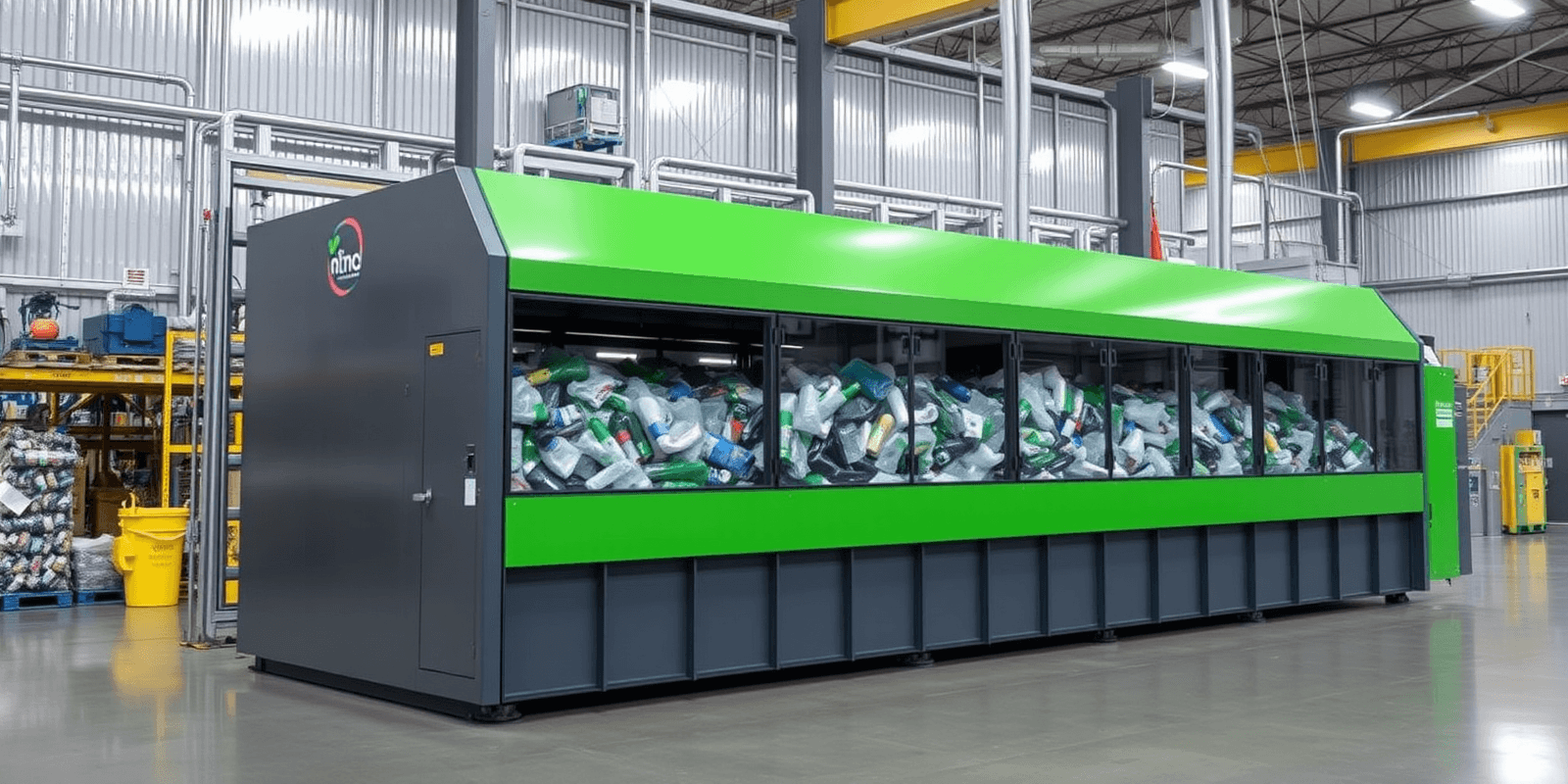Physical Address
304 North Cardinal St.
Dorchester Center, MA 02124
Physical Address
304 North Cardinal St.
Dorchester Center, MA 02124

“`html
In recent years, the urgency to address environmental challenges has intensified, particularly concerning the global plastic waste crisis. As a result, there is a growing need for innovative solutions that can handle the massive volume of plastic waste generated daily. One such solution gaining traction is the implementation of automated plastic recycling systems in large-scale environments. This article explores the impact of these systems, analyzes successful case studies, and proposes strategies for overcoming integration hurdles.
Automated plastic recycling systems are designed to process vast amounts of plastic waste efficiently and sustainably. These systems leverage advanced technologies such as artificial intelligence (AI), robotics, and machine learning to sort, clean, and recycle plastics at scale. By automating these processes, they significantly reduce the human labor required and enhance the overall efficiency of recycling operations. This scalability is crucial for addressing the global plastic pollution problem effectively.
Several cities and organizations have successfully implemented automated plastic recycling systems, demonstrating their potential impact on sustainability. For instance, Los Angeles has introduced an automated system capable of processing over 100 tons of plastic waste daily. This system uses AI-driven sorting machines to identify different types of plastics, ensuring higher purity rates in recycled materials. Similarly, Toronto has deployed an advanced recycling facility that incorporates robotic arms and sensors to optimize the recycling process, reducing contamination and increasing the quality of recycled products.
These case studies highlight how automated systems can transform traditional recycling methods into more efficient and sustainable practices. They also underscore the importance of integrating cutting-edge technologies to achieve significant environmental benefits.
The integration of advanced technologies in plastic recycling systems plays a pivotal role in enhancing sustainability. For example, AI algorithms can predict the optimal sorting methods based on real-time data, reducing energy consumption and improving resource utilization. Additionally, IoT sensors monitor the performance of recycling machinery, enabling predictive maintenance and minimizing downtime. These technological advancements not only streamline the recycling process but also contribute to reducing carbon footprints associated with waste management.
Moreover, automated systems facilitate the creation of a circular economy by promoting the reuse and recycling of plastics. This shift towards a more sustainable model reduces reliance on virgin resources, conserves natural ecosystems, and mitigates the environmental impacts of plastic production.
While the benefits of automated plastic recycling systems are evident, several challenges must be addressed to ensure successful integration. One major hurdle is the high initial investment cost. To overcome this, governments and private sectors can collaborate to provide financial incentives and grants for adopting these systems. Public-private partnerships can also help share the burden of upfront costs and accelerate the adoption of sustainable practices.
Another challenge is the need for skilled labor to operate and maintain these complex systems. Training programs and workforce development initiatives should be established to equip workers with the necessary skills. This will not only create job opportunities but also ensure that the systems are operated efficiently.
Furthermore, public awareness and education campaigns are essential to garner community support and participation. Engaging local communities in recycling efforts fosters a sense of responsibility and encourages responsible waste disposal habits. Educational initiatives can also inform consumers about the benefits of using recycled products, thereby driving demand for sustainable goods.
The implementation of automated plastic recycling systems represents a significant step forward in addressing the global plastic waste crisis. These systems offer scalable solutions that enhance sustainability, reduce environmental impacts, and promote a circular economy. By analyzing successful case studies and proposing strategies to overcome integration hurdles, we can pave the way for widespread adoption of these innovative technologies. Together, we can scale up sustainability and build a cleaner, greener future.
“`